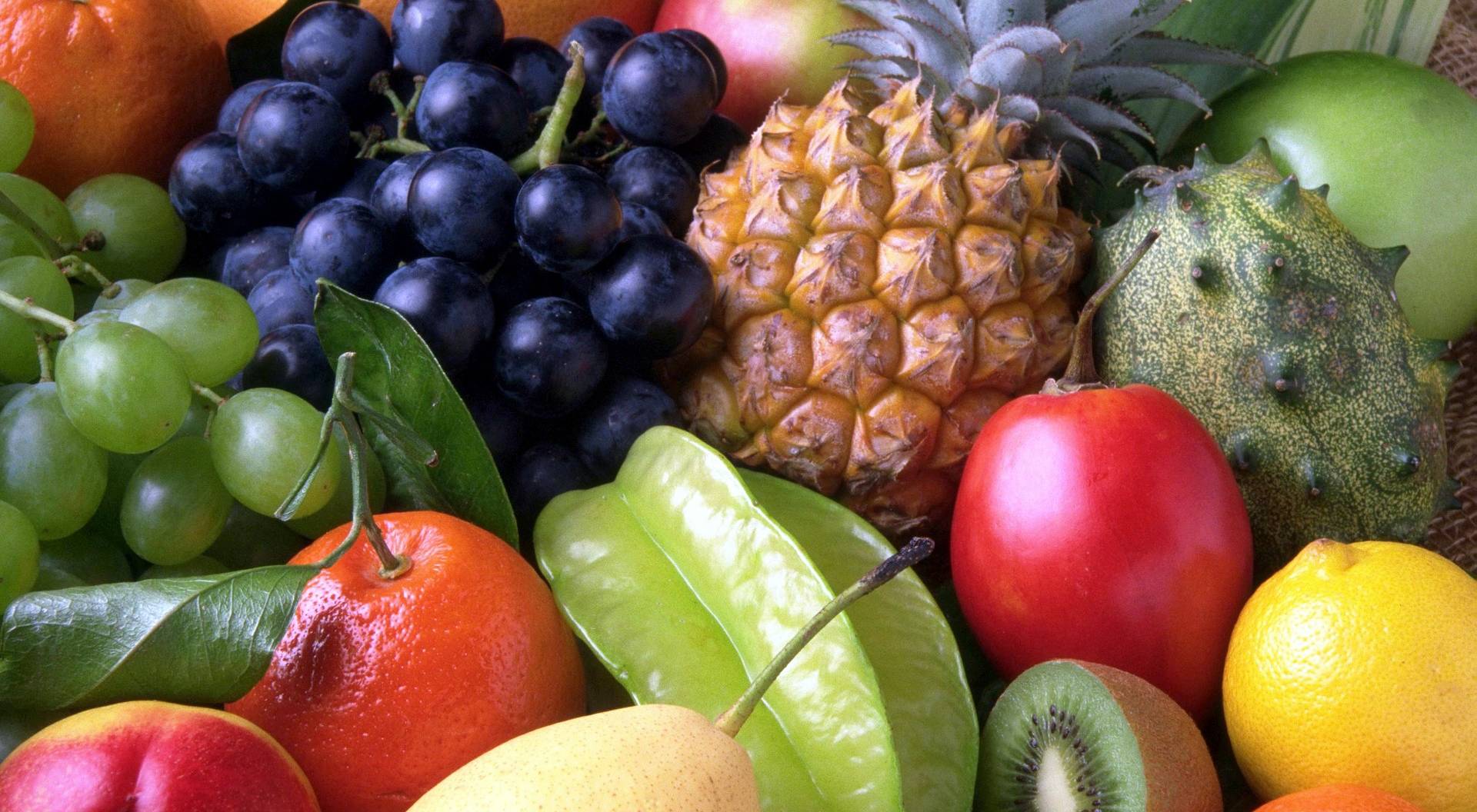Can Excess Fruit Consumption Lead to Insulin Resistance?

PREMIUM CONTENT for MEMBERS ONLY
By Fiona Riddle
It’s estimated that over 60 million Americans are affected by insulin resistance, the leading causes of which include an inactive lifestyle, obesity, and diets high in refined carbohydrates and excess sugar (think ultra-processed white bread, baked goods, candy and soda).
Let’s first discuss how diet can impact insulin resistance. When you consume foods that contain simple carbohydrates, like fructose or sucrose, these carbohydrates are broken down into sugar, which is then rapidly absorbed into the bloodstream as glucose. Your pancreas then releases the hormone insulin to move glucose from the blood into your cells for use for energy. Insulin resistance occurs when your body’s response to insulin is dampened, leading to the inability to efficiently move glucose from the bloodstream into your cells.
And while it was long thought that blood sugar management and insulin resistance were issues mainly impacting those with diabetes, a recent study found that “nearly 40 percent of young adults without diabetes experience insulin resistance.” Insulin resistance and blood sugar dysregulation can impact the majority of the population, the presence of which is believed to increase an individual’s risk of developing more serious medical issues including type 2 diabetes and cardiovascular disease.
Lately, the consumption of fruit has become demonized due to its naturally high sugar content and its potential to raise blood sugar levels. So the big question is, can excess fruit consumption lead to insulin resistance?
There is currently no black or white answer to this question as it depends on a number of factors such as an individual’s preexisting conditions, current diet and lifestyle as well as the types of fruit that are consumed. There is, however, much evidence to suggest that contrary to the common assumption, fruit and vegetable intake may be associated with a reduced risk of insulin resistance and metabolic syndrome.
First, the consumption of fruit in those that are neither obese nor suffering from metabolic dysfunction does not seem to pose any major significant risk for developing insulin resistance. For those eating a balanced diet of protein, healthy fats and fiber, fruit consumption is essential in adding more beneficial micronutrients. Fruit contains numerous vitamins and nutrients as well as a wide range of phytochemicals which after processing by the gut microbes are absorbed in the large ileum and large intestine, reach the bloodstream, and provide a range of full-body benefits. A 2017 study found that fresh fruit consumption actually lowered an individual’s risk of developing diabetes.
Consuming fruit in its whole form, such as an orange versus a glass of orange juice, or an apple vs a glass of appel juice, helps to minimize a potential blood sugar spike due to the fiber content found in fruit. When fruit is juiced, it is stripped of the fiber that helps to delay gastric emptying and slow the absorption of sugar, which prevent a spike in blood sugar. On the other hand, fruit juices devoid of the fiber cause larger spikes in blood sugar which means your body will need to release more insulin to draw the glucose into your cells, and triggering this pathway too frequently can lead to insulin resistance. Ideally, whether or not you are metabolically fit, fruit should typically be consumed in its whole form.
Additionally, while whole fruit does contain sugar, these sugars are not considered “free sugars” the way that added sweeteners like table sugar and maple syrup are. Free sugars are commonly found in most packaged and prepared foods – anything with added sugars on the nutrition label. While free sugars add little nutrients to a food, the naturally occurring sugars in fruit, when consumed in its entirety, offer numerous essential nutrients and benefits.
There are also vast differences in the sugar content of different fruits. Berries, some of the healthiest fruits based on their polyphenol content, are among the lowest in sugar with a cup of blueberries containing 15 g of sugar and a cup of strawberries containing only 7 g. A cup of banana, however, has 28 g and a cup of mango has 23 g. For those struggling with diabetes and insulin resistance, consuming fruits lower in sugar may be helpful for preventing large glucose spikes. In individuals who are metabolically fit, as discussed previously, these sugars should not have a great impact on blood sugar levels.
Individuals who live active lifestyles are especially equipped to consume more fruit, assuming their overall diet is low in ultra-processed and refined carbohydrates and sugars. Carbohydrates help to fuel your brain and muscles during times of physical exertion and staying active throughout the day or engaging in intense exercise allows your body to burn more glucose. By burning more glucose for fuel, less glucose remains in the bloodstream. Exercising regularly can also increase your body’s general insulin sensitivity, leading to more stable blood sugar levels overall.
All in all, fresh fruit has been shown to be a healthy part of a balanced diet, and consumption of which may minimize risk of developing serious metabolic diseases. Intake of fruit in its whole form, especially lower sugar options like berries and kiwi, should not be cause for concern. Instead, minimize the risk of developing insulin resistance by avoiding added sugars and refined carbohydrates found in most soda, candy, breakfast foods, and packaged snacks. To further promote insulin sensitivity, stay active and engage in regular exercise to ensure more balanced blood sugar levels overall.

Fiona Riddle is a Certified Health Coach with a degree in Psychology from UCLA. She is passionate about a holistic approach to health when working with her private coaching clients. She is an avid cook, constantly creating and sharing new recipes on her Instagram (@feelgoodwithfi) to showcase simple clean home cooking.
✓ This article was reviewed and approved by Emeran Mayer, MD